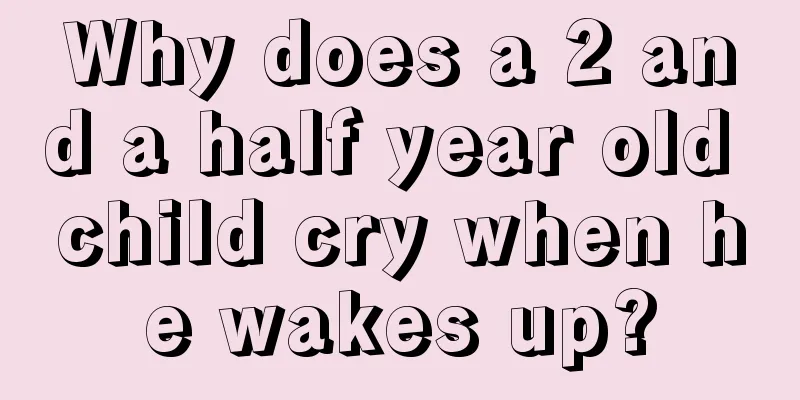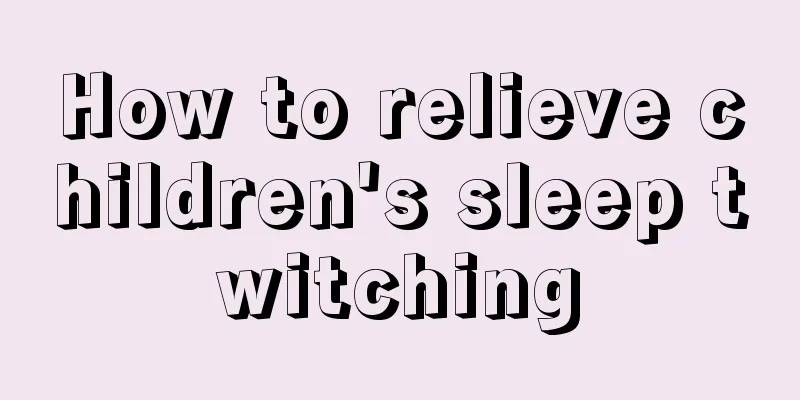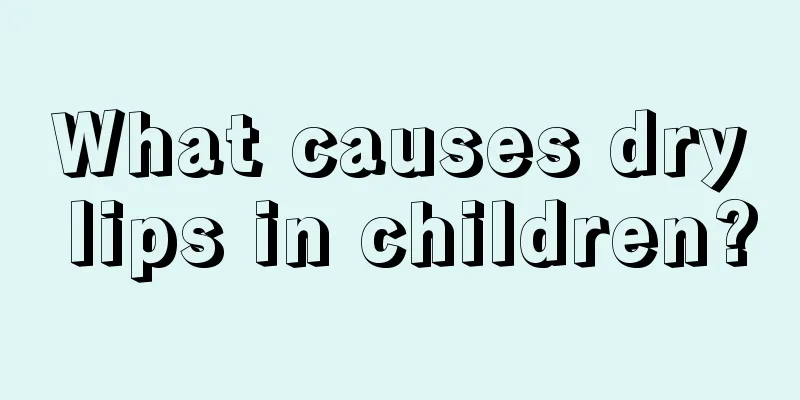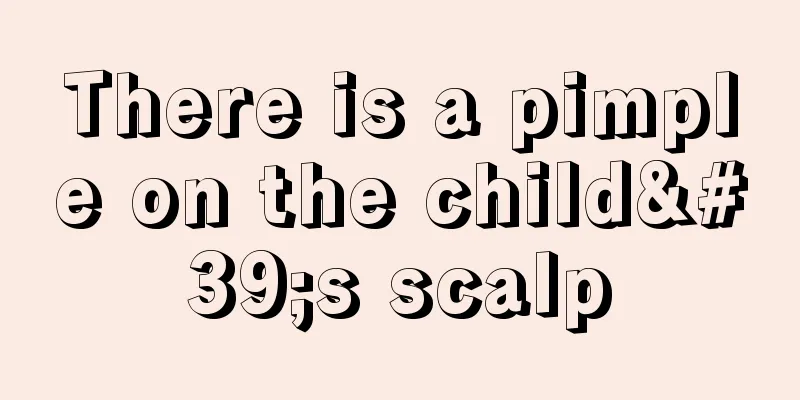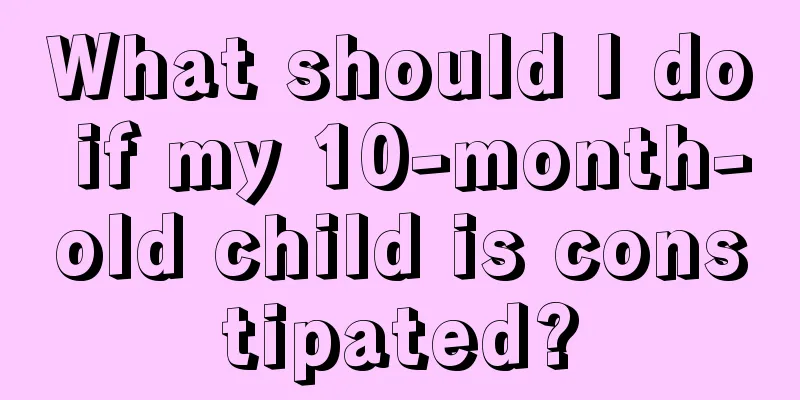Can I turn on the air conditioner when my child has a fever?
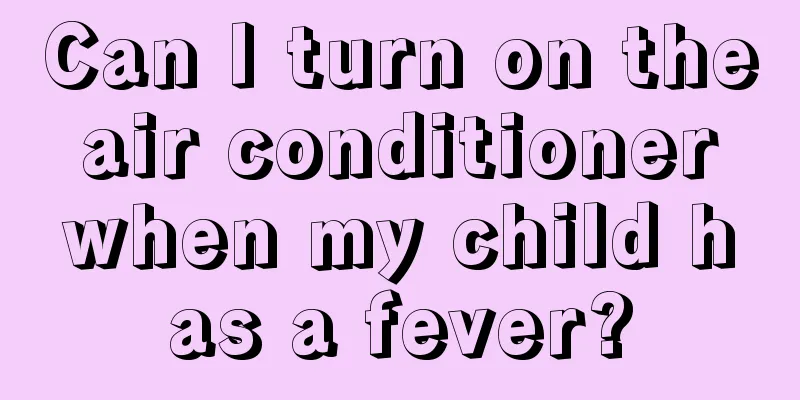
|
In the hot summer, air conditioning has become a necessity in life, and spending a while in a place without air conditioning is a torture. However, children's bodies are very fragile, and sudden changes in temperature can easily cause a cold. However, colds in the summer are not easy to cure and can easily lead to fever. Many parents worry that using air conditioning will make the fever worse when their children have a fever. So can children use air conditioning when they have a fever? 1. Can I turn on the air conditioner when my child has a fever? The answer is, you can turn on the air conditioner. But the temperature should be around 27 degrees, and the air conditioner should not blow directly on the baby. If your baby's fever is above 38.5 degrees, you must go to the hospital immediately without any delay. Give your baby plenty of warm water. Generally speaking, when a child's body temperature is lower than 38.5℃, you don't need to use antipyretics. It is best to drink more boiled water and pay close attention to changes in the condition, or use physical cooling methods. If the body temperature exceeds 38.5℃, you can take antipyretics, but they must be used under the guidance of a pediatrician. A cold often causes a fever for 2 to 4 days, during which time the body temperature will fluctuate. Parents do not need to worry too much if the child is in good spirits and eats and sleeps normally. However, if infants and young children cry constantly, have poor reactions, have a persistent high fever, or even have convulsions, they should seek medical attention as soon as possible. Common colds and fevers are mostly caused by viruses and should be treated mainly symptomatically. Antibiotics and anti-inflammatory drugs should not be abused. 2. The correct way to use air conditioning when a child has a fever: 1. Provide ventilation 2. In air-conditioned rooms, be sure to open windows frequently to ventilate the room to ensure indoor and outdoor air circulation. Generally, after turning on the machine for 1 to 3 hours, you need to open the windows to exhaust the indoor air, which takes about 20 to 30 minutes. Mothers can also open a small window in the air-conditioned room to facilitate air exchange. 2. Take off excess clothing If the child's limbs and hands and feet are warm and the whole body is sweating, it means that the child needs to dissipate heat. You can wear less clothes to help the child dissipate heat. 3. Control the indoor temperature When a child has a fever and uses air conditioning, it is best to control the room temperature between 26-28℃ to avoid a large temperature difference with the outdoor temperature. Do not hold the child and walk back and forth between the air-conditioned room and the non-air-conditioned room, as this will aggravate the fever. 4. Pay attention to the air direction of the air conditioner When children are in an air-conditioned room, parents should pay attention to the air outlet of the air conditioner and avoid pointing the air outlet of the air conditioner towards the children. This is because direct air exposure for a long time will result in too strong wind, which will cause capillaries throughout the body to contract and the body temperature to drop excessively, which can easily aggravate the disease. |
<<: Is acne on a girl's forehead a sign of precocious puberty?
>>: Can a child who has been tanned become white again?
Recommend
What to do if your baby has hernia in three months
If babies of three months old have intestinal her...
Features of rheumatic heart disease in newborns
What is rheumatic heart disease in children? I be...
What are the best folk remedies for reducing fever in children?
When a child at home has a fever, it is like a he...
Is it OK for children to wear silver bracelets?
Children are the focus of the whole family's ...
Reasons for newborns to breathe heavily when sleeping
Many newborns breathe heavily when they sleep. If...
White spots on the child's face
Many parents attach great importance to the physi...
How to improve children's immunity
Caring for children should be comprehensive. Many...
What to do if your 2-year-old baby has stomach pain
It is quite common for babies to experience abdom...
Is pediatric massage useful? See the expert's explanation
Many people have heard of massage as a treatment ...
How to treat hand, foot and mouth disease blisters
Many people don’t know how to deal with blisters ...
How to prevent bronchitis in children?
Because children's resistance is weaker than ...
Baby's legs are swollen and have lumps
When babies are young, they cannot fully express ...
How much milk powder should a baby take in a week
Babies over one year old need to drink about 500 ...
What to do if your 2-year-old baby is irritable and angry?
What should I do if my 2-year-old baby is irritab...
Pseudomyopia in primary school students
Nowadays, more and more teenagers are starting to...
